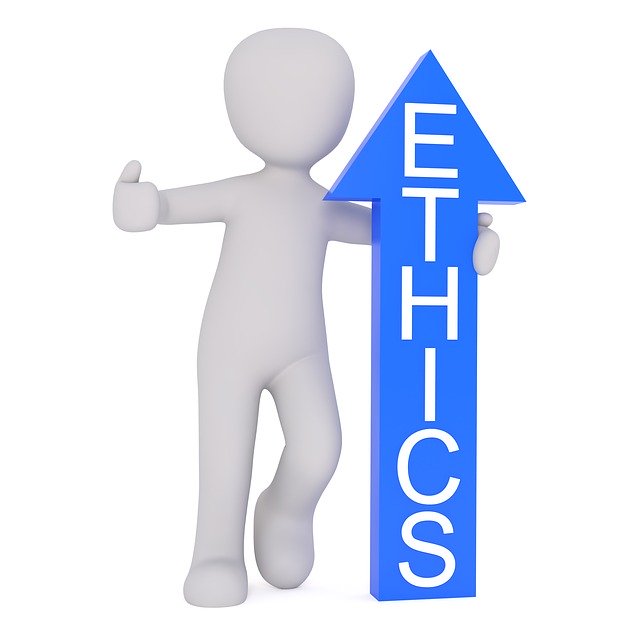Looking back, it appears that it’s been 6 months since my last confession – um, post.
A few things have happened since then, less tangible progress than I would’ve liked but at the same time I feel that I’ve unraveled a few knots that had been troubling me and I’ve set the stage to get things done in 2021. (Sure, why not tempt fate, what could possibly go wrong with that)
It’s basically impossible at this point to not talk about COVID-19, as much as I’m sick of the sound of that term. It’s had a handful of notable impacts on my research, in that one of my underlying assumptions that people don’t know much about edvisors and what we do has shifted as more academics than ever have been forced to engage with us in the rapid shift to online teaching and learning. This still doesn’t necessarily mean that they have the full or correct understanding of this but overall awareness at least has changed. At the same time, the shift has also had an impact on the way edvisors work with academics at scale, so my ideas about (collaborative) working relationships need to be reframed and reconsidered.
The loss of the international students that underpinned university finances has also had a significant impact on budgets and staffing levels. People in edvisor roles have perhaps been safer than some but I have still a number of friends and colleagues that have borne the brunt of cuts and restructures and there remains a nervous instability in many institutions. Speaking more selfishly, I think this will mean that institutions will likely be less willing to share information about edvisors numbers, roles and unit structures than they might previously have been.
On a more positive note, I was fortunate to add an additional supervisor to my team, Dr Jess Frawley, who also works in an edvisor role and has been invaluable in providing some new insights into this work. One big breakthrough discussion I have had with the whole supervision team has led to me rescoping this project from my initial “boil the ocean” idea of getting insights from edvisors, academics and institutional leaders to the somewhat more manageable and realistic focus just on edvisors. (I can save the latter two for post doc work maybe – but one step at a time).
I also learnt a lot about going through the ethics process last year – doing so another two times for minor changes to my methodology. I suspect that the less detail about the nuts and bolts that is included the better. In my case, I’d initially said that I’d put out a call for survey participants and they would need to contact me before I’d give them a link to the survey. On reflection, I felt sure that this would have significantly reduced engagement so I needed to submit a modification to fix this. Live and learn.
I’m now reading a bunch of highly relevant theses that all seemed to hit Google Scholar within a few days of each other and trying to fight off the urge to radically upend all my plans for something completely new. Stay tuned for a post or two about what I’ve taken from these soon.
I finally also got around to engaging more with my PhD peers in the lab at my school. COVID-19 has probably been a blessing in that regard as it has meant that there has been much more web based activity to support this group that I’ve been able to participate in. This can be a very lonely endeavour and I really do value the conversations I have both with my TELedvisors friends and study peers.

